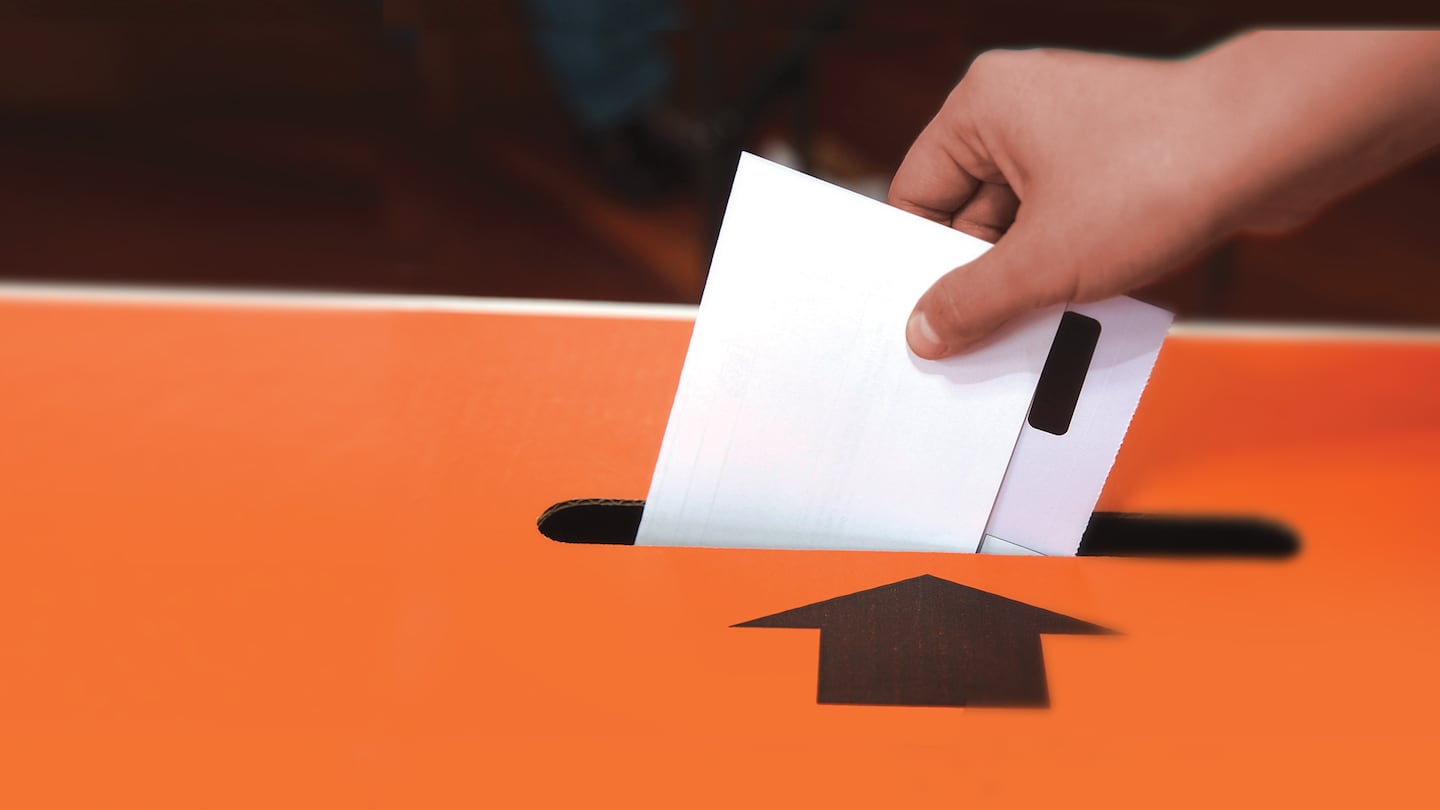Hamilton, Porirua, Rangitīkei, and Matamata-Piako have voted to retain their Māori wards, leading to a binding poll for the next local government elections.
Porirua City Council voted unanimously in favour of the referendum scheduled for next year.
Porirua mayor Anita Baker made a call for more people to enrol and vote in the upcoming elections.
“The decision is being put in the hands of voters, so we want to make sure as many Porirua people as possible have input into that decision.
“The Māori ward works effectively in Porirua and it’s unfortunate that we have to pay for a poll when we don’t see any need for change.
“I support our deputy mayor, Kylie Wihapi, who was elected as the councillor for the Parirua Maori ward in 2022, and is doing a fantastic job,” Baker said in a statement.
‘Not something people should be frightened of’
Rangitīkei District Council also unanimously voted to retain the Tiikeitia ki Tai (Coastal) and Tiikeitia ki Uta (Inland) Māori wards.
Mayor Andy Watson said it was in the best interest of the community the wards were retained.
“Māori representation at the council table is a positive thing and not something people should be frightened of.”
Tiikeitia Ki Uta Māori ward councillor Piki Te Ora Hiroa praised the decision following today’s meeting.
“I commend our council for being brave and making the decision to retain Māori wards in this rohe. The introduction of Māori wards doesn’t weaken democracy but in fact strengthens the voice of mana whenua/tangata whenua and Māori. It is also a step forward in reflecting the makeup of the residents and ratepayers of Rangitīkei.”
Tiikeitia ki Tai councillor Coral Rukawa also applauded the decision made by the council.
‘Māori representation has added significant value '
“The Treaty principles remind us of our obligations to each other: partnership, participation, and protection. By upholding these principles, we ensure that Māori representation is not just a token gesture but an integral part of our local governance.”
At Hamilton City Council two councillors wanted to disestablish the ward but one of them changed their vote.
In a statement after the council meeting, Hamilton Mayor Paula Southgate said she was a firm believer in democracy.
“In making this decision, the council has chosen the most democratic way to respond to government legislation to ensure our communities can have their say on this important issue.
“My personal experience is that Māori representation has added significant value to the council and had a positive impact on the community.”
During the meeting, Māori ward councillor Moko Tauariki recalled the examples of his tipuna, saying: “We will smash evil with good.”
He invited the council to look for similarities with each other instead of differences.
‘The things we have in common’
“I believe it is those things we have in common that are going to get us across the line, the things we have in common for the greater good of our city.
“I represent a constituency of people who have not had an opportunity to come and sit at this table, and I believe in unifying ourselves as examples for our ratepayers, for our community.
“I like to hope that this type of debate we are having today is not something we will need to have in the future.”
Māori ward councillor Maria Huata started with a waiata composed by her grandmother, before she started listing anti-Māori policies from the 1840s land wars to now.
“I can go on and give you a whole plethora but let us not go back to that day. I want to return to the waiata that my great-grandfather wrote about extending our hands, ringa hora, and love.
“We welcomed you to our whenua, to our land, and we still welcome you today and let us work together, kotahitanga, which has been a theme set by our King Tūhetia and continue with our fellow councillors.”
Huata joined the council in early August 2024, after a landslide win in a byelection.
Geoff Taylor was one of the two councillors who pushed for the disestablishment of Māori wards.
“I feel we’ve overdosed on identity politics as a country. i think we stopped seeing people as people but instead break them down into racial groups and gender groups.
“I think we need to go back to celebrating common humanity that unites all people and treats them on their merits whatever their colour.”
Andrew Bydder called out statistics for the recent by-election for the Māori ward, saying only 14% showed up to vote.
“We have to consider that Māori wards have not produced the voice that all of us, Māori and Pākehā, need.
‘Polarising debates only serve to take us backwards’
“If we take away Māori wards, we can take the time to present a better option for a local referendum on the system that works better for Māori and all local citizens.”
Maxine van Oosten said the situation they were “forced” into seemed to “undermine the progress” made by the council.
“We must continue to live with kotahitanga, principles of unity and trust. Division and polarising debates only serve to take us backwards, back to a time when Māori representation and decision-making were sorely lacking.
“A referendum based on the majority is inherently unfair when Māori are the minority in Hamilton.”
It was a 12 to one vote, with only Taylor still voting against retaining Māori wards.
A Matamata-Piako District Council spokesperson also confirmed this decision but noted the vote was not unanimous.




